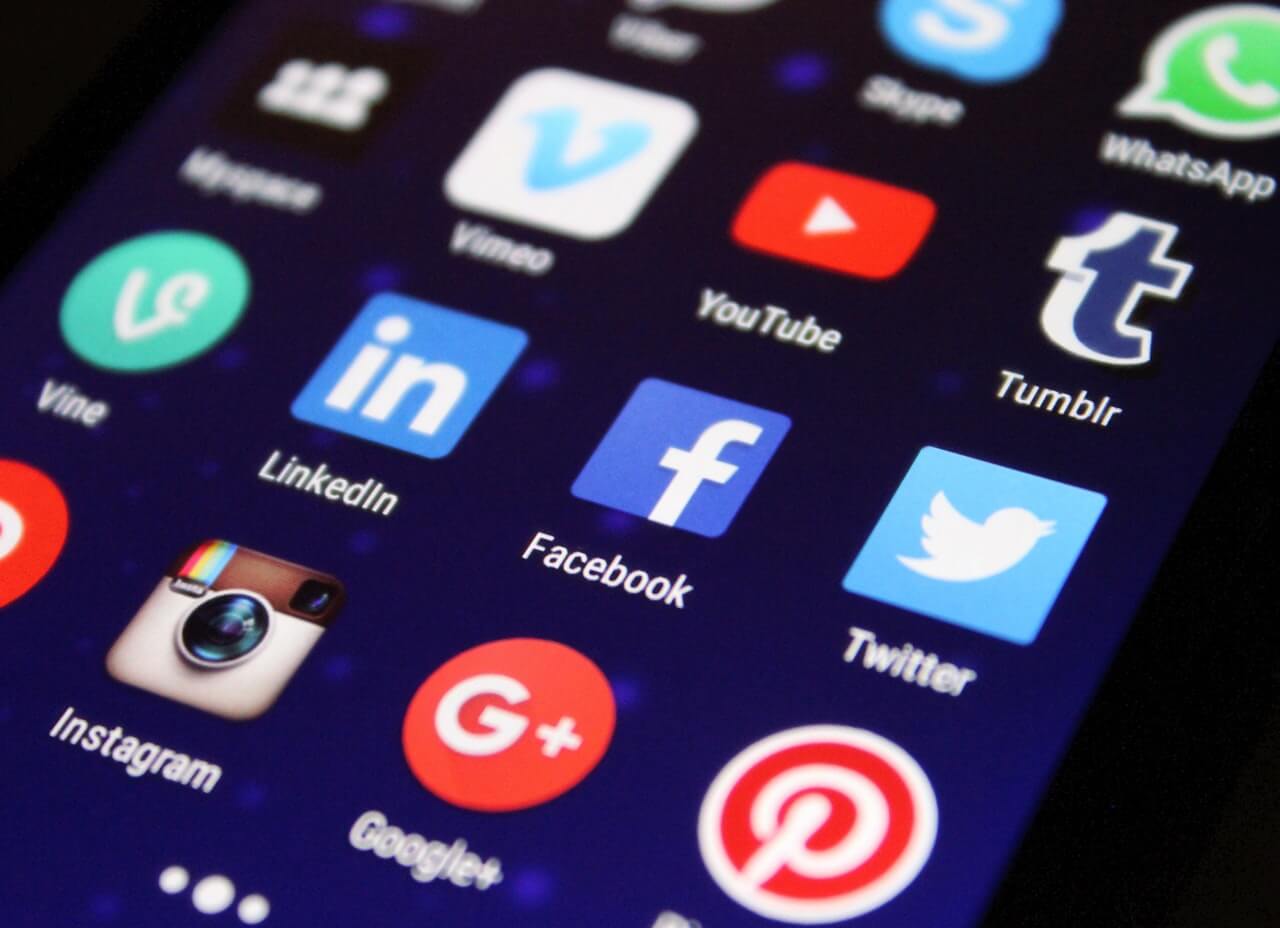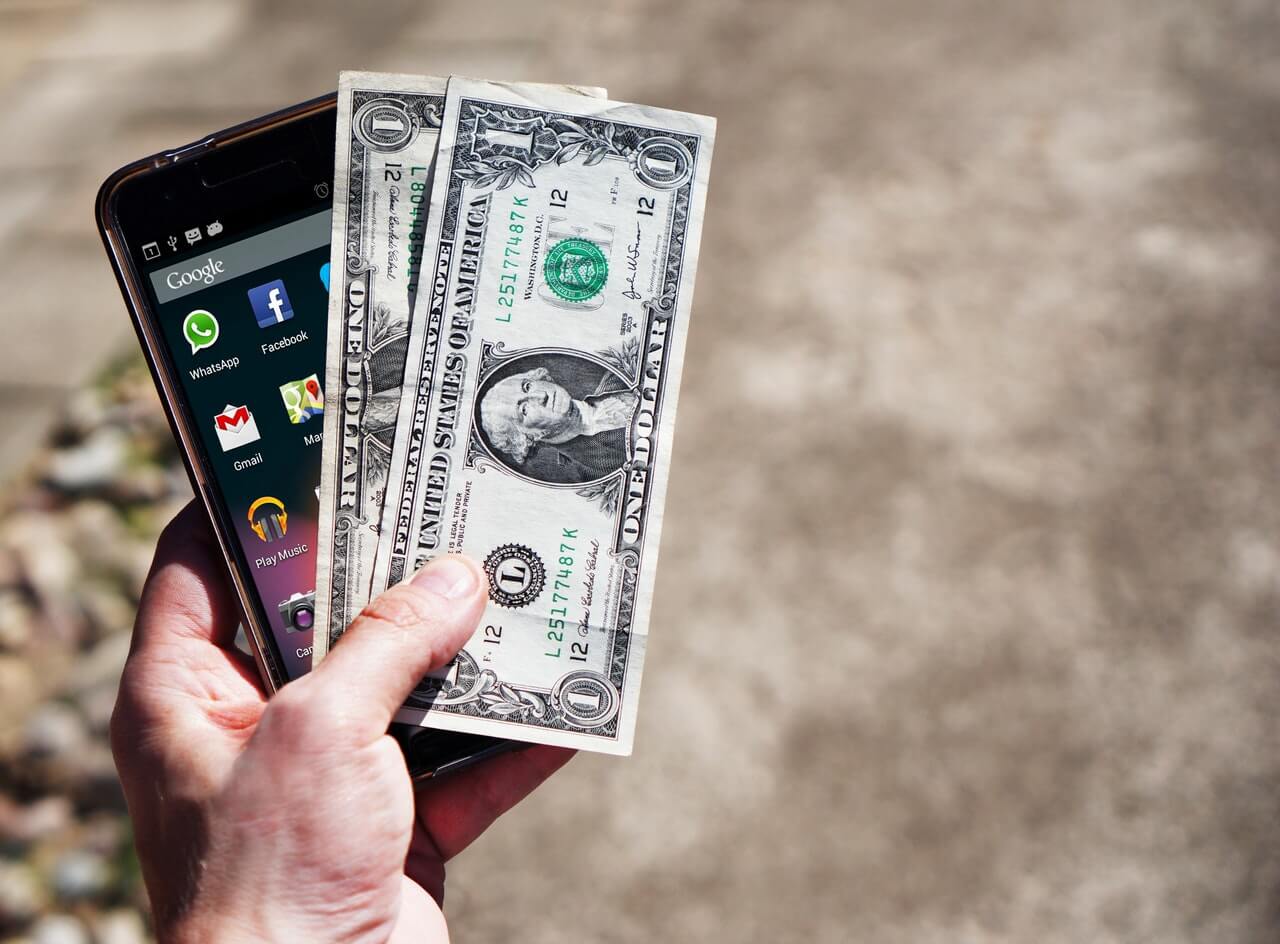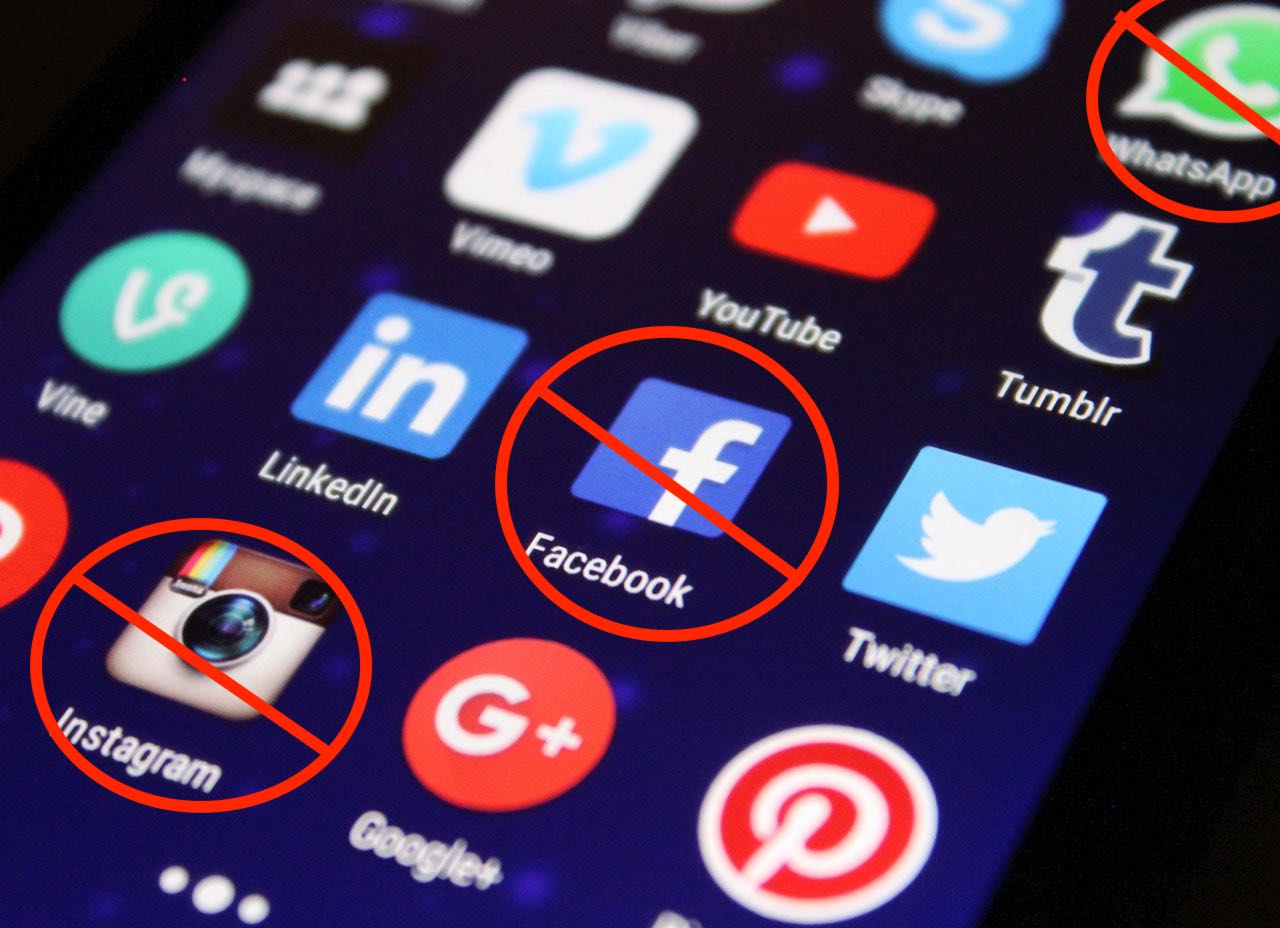Facebook has had a pretty bad week, and it couldn’t happen to a better company.
In case you’ve missed it, here are all the (self-inflicted) problems they’ve been dealing with.
Facebook Outage
You noticed that Facebook (and Instagram and WhatsApp) were down for several hours on Monday.
While there were thoughts that this may have been because of some sort of hack or attack on their web services, it turns out it was much more simple than that: someone had a very big “oopsy”.
According to an analysis by Cloudflare, an update to Facebook’s Border Gateway Protocol (BGP) records removed the “map” that told computers where to find Facebook (and Instagram and WhatsApp) on the Internet. Without these BGP records, Facebook essentially ceased to exist for a few hours.
It was such a severe disruption that employees couldn’t use internal Facebook tools – essentially they had to directly plug into the affected systems to fix the problem.
According to some analysts, this outage cost Facebook around 60 million dollars.
Facebook Whistleblower
A data-scientists-turned whistleblower named Frances Haugen went on 60-Minutes last weekend to discuss numerous problems that she sees within the giant company.
She is the whistleblower responsible for leaking many of the stories I mentioned in last month’s monthly review article about issues within the company, including:
- XCheck – Facebook’s “free pass” for millions of accounts to bypass moderation rules.
- Troll farms accounts are being pushed to almost half of Facebook’s US users.
- Accounts suspected of human trafficking or drug cartels having little to no action taken against them.
- Facebook and Instagram’s knowledge of their harmful effects on teen girls.
Additional issues that came to light during the 60-Minutes interview or since then include:
- Facebook changed the News Feed algorithm in 2018 to prioritize “user engagement”. This algorithm pushes divisive, inflammatory, or fake content to users, since that is what drives engagement.
- In 2020, Facebook introduced “Civic Integrity”, which partially rolled back some of the 2018 algorithm changes.
- Shortly after the election, though, Facebook disbanded most of the “Civic Integrity” protections and reinstated the 2018 algorithm. The January 6 riots (which were planned and spread partially through Facebook) happened shortly afterward.
- Facebook outwardly states that they find and remove vast amounts of hate speech, but there are no independent mechanisms to validate this. Internal documents state that Facebook “may action as little as 3-5% of hate and about 6-tenths of 1% of V & I [violence and incitement]”.
- Facebook may have intentionally misled investors about user metrics and committed fraud against advertisers. While Facebook has been adding young users, those have been mostly additional accounts for people already on Facebook. Additionally, by showing too many ads to the same users (or people), Facebook was able to charge more to businesses that ran the ads.
Frances Haugen is expected to testify before Congress sometime this week. I’ll be interested to see what she says, and what Congress does. While there are a few Congressional members who seem to have a good idea of the possible dangers and benefits inherent to social media, most do not.



